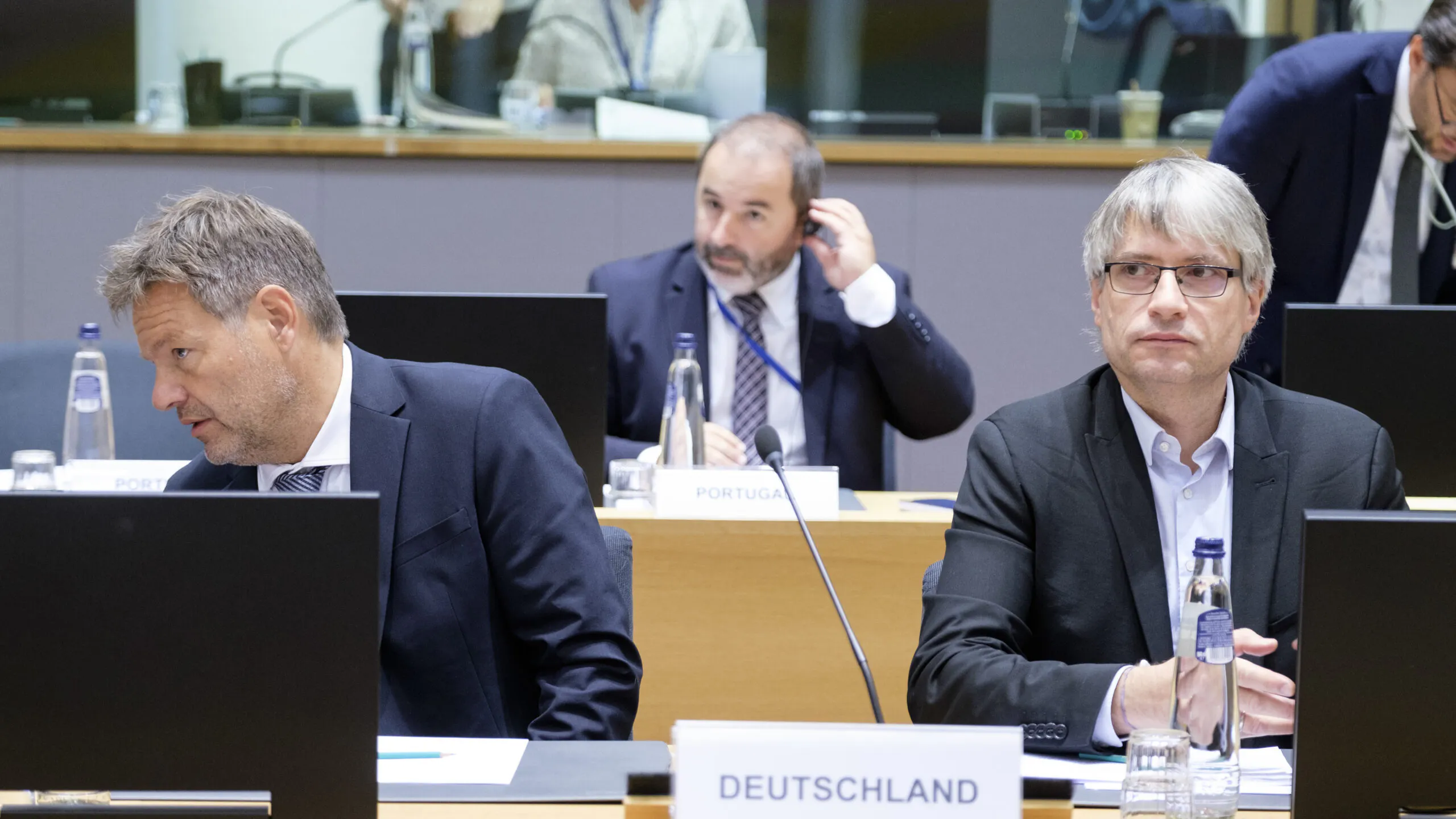Officials in the European Union are eyeing a “solidarity contribution” from energy companies as the bloc grapples with rising power prices.
European nations are attempting to secure energy supplies as natural gas costs increase more than tenfold compared to normal levels. After leading finance ministers floated a price cap on Russian oil, the nation severed gas flow through the Nord Stream 1 pipeline last week, citing mechanical issues as the country continues its invasion of Ukraine.
European Commission President Ursula von der Leyen announced on Wednesday that member states would impose the price cap while seeking a “solidarity contribution” from fossil fuel companies. During a Friday meeting in Brussels, however, energy ministers failed to reach a consensus on the former policy and debated the specific terms of the latter.
“We can’t take this card off the table because the other, better way — namely bringing down prices — could certainly be complicated,” German Economy and Energy Minister Robert Habeck told reporters, according to The Associated Press. “We’re doing something that affects the heart of European energy supply — we’re intervening in the markets.”
Irish Climate Minister Eamon Ryan noted that policies must be implemented “within weeks, not months.” He added that citizens will “see the high prices having effect” as temperatures decrease this fall.
Meanwhile, Russian President Vladimir Putin appeared to double down on the restricted energy shipments, remarking at the Eastern Economic Forum on Wednesday that he is prepared to ignore existing supply agreements. “Will there be any political decisions that contradict the contracts? Yes, we just won’t fulfill them. We will not supply anything at all if it contradicts our interests,” Putin said. “We will not supply gas, oil, coal, heating oil — we will not supply anything.”
European Union ministers concurred that Russia was attempting to “blackmail” its geopolitical rivals. “Russia has used its gas supplies as a weapon to foster an energy crisis next winter but also to weaken our economies and divide — politically — the European Union,” European Union Energy Commissioner Kadri Simson said. “We have to ensure that their efforts will fail.”
Several member nations of the European Union, which abides by the official policy of becoming “a climate-neutral society” by 2050, heavily regulate fossil fuel production even as they gradually close remaining nuclear plants. Mentioning low hydropower capacity stemming from drought conditions throughout the continent, von der Leyen also said on Wednesday that the European Union would consider a “mandatory target” for cutting electricity consumption during peak hours.
“If you look at the costs of electricity, there are peak demands. And this is what is expensive, because, in these peak demands, the expensive gas comes into the market,” she said. “So what we have to do is to flatten the curve and avoid the peak demands. We will propose a mandatory target for reducing electricity use at peak hours.”
France has called for a 10% reduction in energy consumption, while Spain and Switzerland regulate thermostat levels for households and businesses. In a departure from other European officials, however, British Prime Minister Liz Truss reversed the nation’s ban on fracking and proposed a return to oil and gas drilling in the North Sea.
“Energy policy over the past decades has not focused enough on securing supply,” Truss told the House of Commons. “All of this has left us vulnerable to volatile global markets and malign actors in an increasingly geopolitical world.”

.png)
.png)

